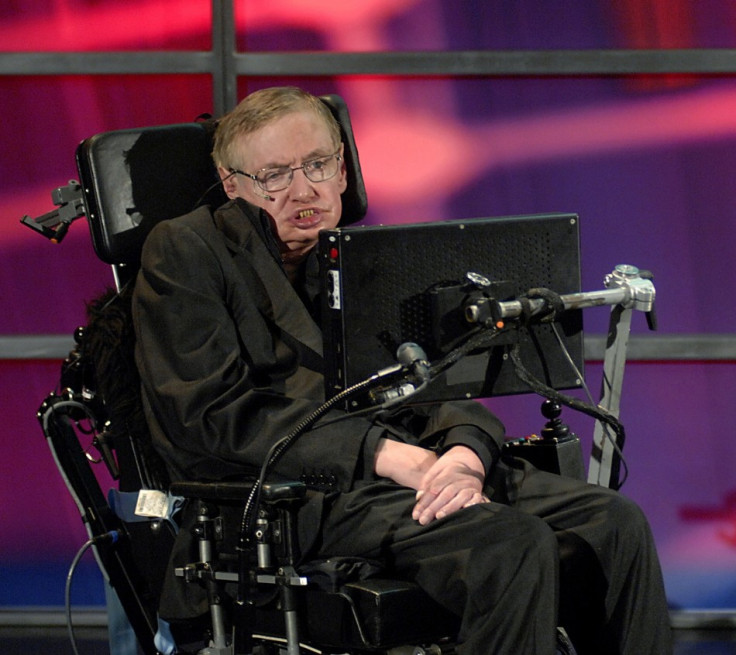iBrain: Can the Mobile Brain Scanner Read Stephen Hawking's Thoughts?

A team of California scientists have created the world's first mobile brain scanner which may be soon used to read the mind.
The instrument named the iBrain measures the distinct neurological patterns of specific thought processes.
The device which was created by a San Diego-based company NueroVigil fits comfortably over one's head and features three electrodes. "This is very exciting for us because it allows us to have a window into the brain. We're building technology that will allow humanity to have access to the human brain for the first time," project leader Phillip Low told San Diego News.
Low used a special algorithm called Spears to map unique neurological patterns connected to specific thought processes. The researchers travelled to Cambridge to test the device on scientist Stephen Hawking.
They fitted the scientist who is paralysed by Amyotrophic lateral sclerosis (ALS) also known as Lou Gehrig's disease with the iBrain headband to help communicate by merely thinking. When Hawking was asked to imagine he was scrunching his right hand into a ball, reported the New York Times.
"Of course, he can't actually move his hand, but the motor cortex in his brain can still issue the command and generate electrical waves in his brain," The New York Times quoted Low as saying.
"The idea is to see if Stephen can use his mind to create a consistent and repeatable pattern that a computer can translate into, say, a word or letter or a command for a computer," he added.
The algorithm detected Hawking's thoughts as signals, which were represented as a series of spikes on a grid. "We wanted to see if there was any change in the signal. And in fact, we did see a change in the signal," Low said
"Dr. Low and his company have done some outstanding work in this field," Dr. Hawking said in a statement, reported the New York Times.
"I am participating in this project in the hope that I can offer insights and practical advice to NeuroVigil. I wish to assist in research, encourage investment in this area, and, most importantly, to offer some future hope to people diagnosed with ALS and other neurodegenerative conditions," he added.
iBrain is also expected to hlep monitor and diagnose a number of conditions including sleep disorders, depression and post-traumatic stress disorder.
© Copyright IBTimes 2025. All rights reserved.





















